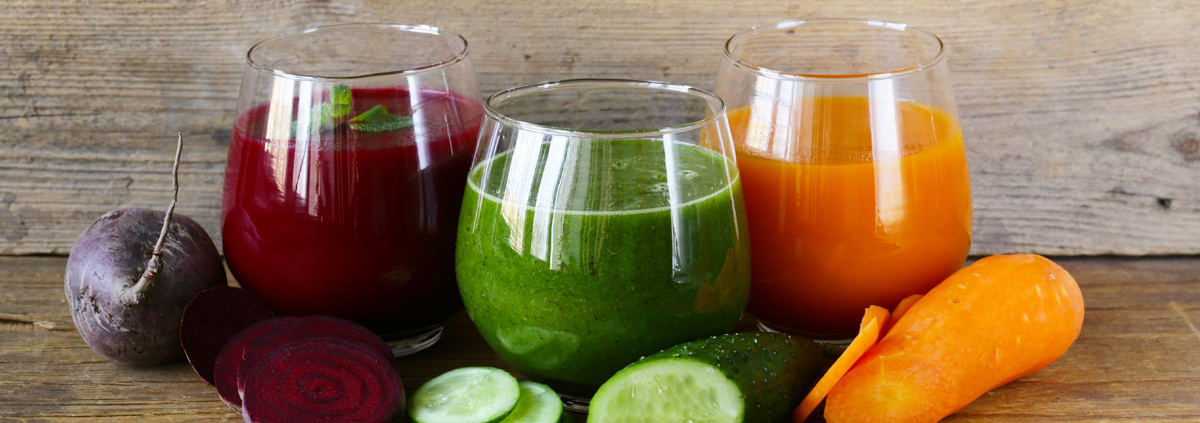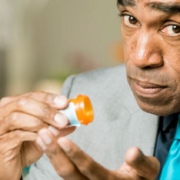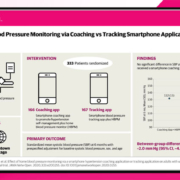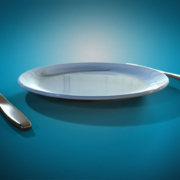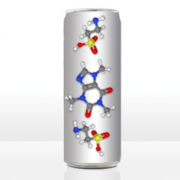How Fasting Affects the Microbiome
How did you do? I asked you to reduce your caloric intake to fewer than 1,200 calories and keep it vegan if you can. Paula and I did okay, but not completely vegan.
Before I describe the study, you need to know that wasn’t the actual fasting part of the study—that was the fasting preparation phase. The actual fast was 300 to 350 calories per day of vegetable juice and vegetable broths. If you’ve ever done a detox just drinking tea and broths, that’s very similar.
There were multiple parts of the study, but we’ll focus on just two. The purpose of the two portions of the study was to examine changes in the microbiome and immunome as well as blood pressure after 12 weeks on the Dietary Approach to Stop Hypertension (DASH) diet. Before the dietary changes were begun, researchers randomly assigned 71 subjects to either the fasting-plus-DASH diet or just the DASH diet alone. All the subjects had diagnosed hypertension as well as metabolic syndrome.
This was one of the most complicated analyses I’ve ever seen because there were so many genes examined related to the bacterial composition of the gut as well as the immune system. The first question is simply this: were there changes in the microbiome after the initial fast? Yes, but the changes were reversed once normal eating resumed.
I’ll cover the post-DASH diet changes in Saturday’s Memo. Until then, unless you have metabolic issues or must eat at specific times of the day with medications, give the fast, the real fast as described above, a try for just one day.
What are you prepared to do today?
Dr. Chet
Reference: Nat Comm (2021)12:1970. https://doi.org/10.1038/s41467-021-22097-0

